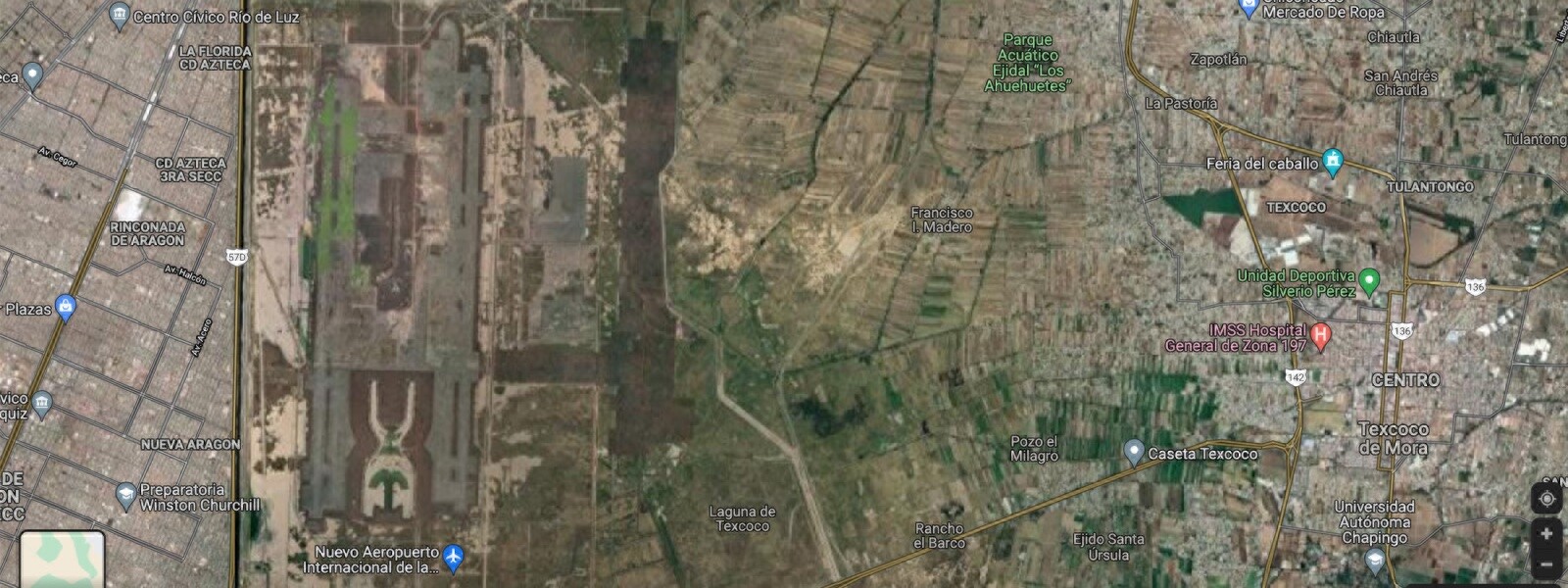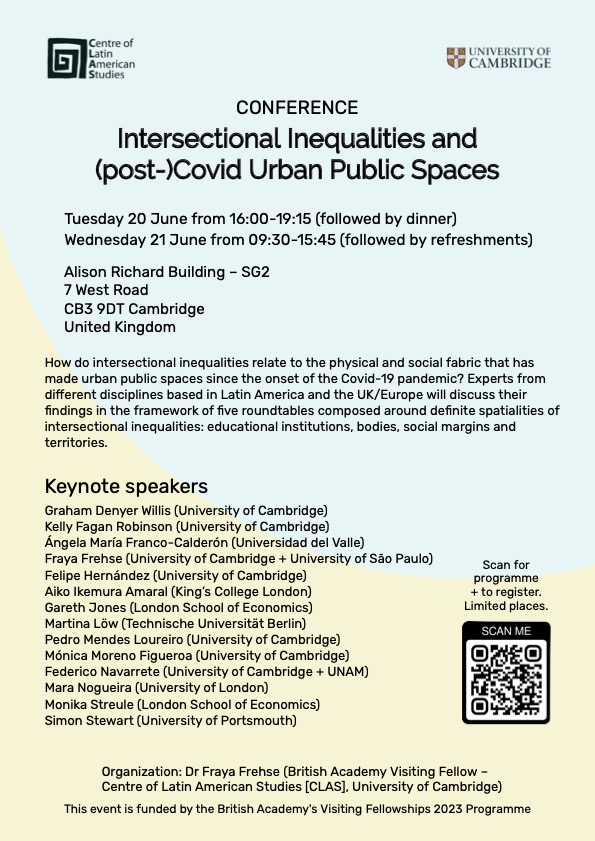In den letzten Jahren entstand eine Reihe vergleichender Methoden. Forscher:innen bemühten sich dabei zunehmend um innovative Ansätze, um sich mit den vielfältigen und komplexen urbanen Welten von heute auseinanderzusetzen. Bisher haben sich jedoch im Bereich der Stadtforschung oder allgemein in räumlichen Disziplinen nur wenige auf Design und Umsetzung vergleichender Untersuchungen konzentriert. Mit diesem Artikel möchte ich einen Beitrag zu diesen aktuellen Debatten leisten, indem ich die Methodologie vorstelle, die wir als Team eigens für das Forschungsprojekt Patterns and Pathways of Planetary Urbanization entwickelten. Die Hauptfragen sind: Wie kann die Räumlichkeit großer städtischer Territorien empirisch untersucht werden? Wie lassen sich Urbanisierungsprozesse vergleichend analysieren? Um diese Fragen anzugehen, konzentriere ich mich auf unsere Erfahrung mit der Umsetzung eines vergleichenden Verfahrens und greife dabei auf ein komplementäres Set ethnografischer, kartografischer und historiografischer Methoden zurück, die für eine kreative, transdisziplinäre und stärker kollaborative Untersuchung von Urbanisierungsprozessen nützlich sind. Ich schließe mit einem Aufruf zu einer breiten methodologischen Diskussion und ihrer theoretischen Implikationen, indem ich den grundlegenden Zusammenhang zwischen Methodenentwicklung und dem Generieren vergleichender Konzepte hervorhebe.
Streule, Monika (2023) How to compare specificity, build concepts, and change theory: A creative methodology to grasp urbanization processes. Forum Qualitative Sozialforschung / Forum: Qualitative Social Research, 24(3), Art. 11. DOI: 10.17169/fqs-24.3.4016




